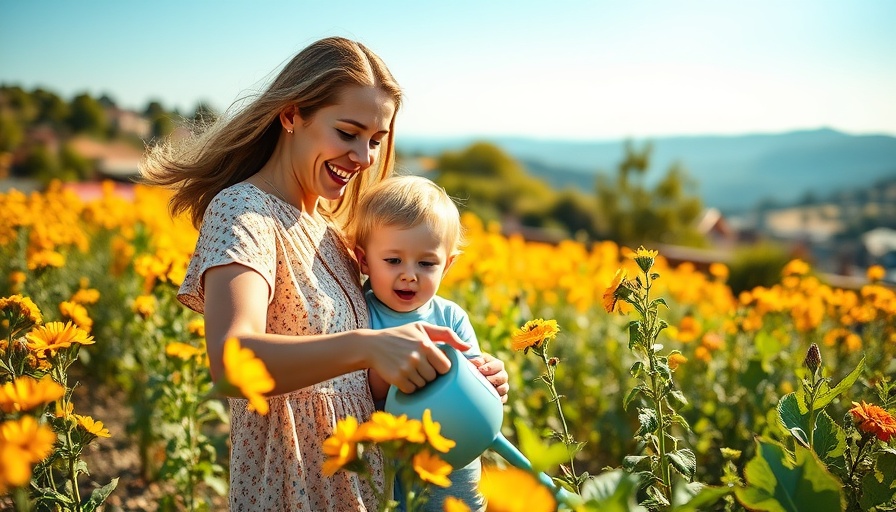
Why Are Parents Keeping Teens Close on Vacation?
Do you remember the exhilarating feeling of exploring new places as a teenager? The thrill of wandering off to grab ice cream while on vacation, or the excitement of discovering local shops? Unfortunately, for today’s teens, the chance to experience such freedoms is diminishing, as a concerning new survey reveals that parents are increasingly reluctant to let their adolescents explore independently during family vacations.
A recent survey conducted by the C.S. Mott Children’s Hospital National Poll on Children’s Health has highlighted this trend, showing that a significant number of parents prefer to keep their teens close. While 81% of parents reported that they had taken their teens on a vacation or overnight trip in recent years, alarmingly, one in five parents have never allowed their teenagers to venture out alone while on such trips. This lack of independence can have lasting repercussions on their development.
The Importance of Independence in Adolescence
Teenage years are crucial for developing the confidence and decision-making skills necessary for adulthood. The poll reveals that only 31% of parents would permit their teens to walk a short distance to a coffee shop, while a mere 21% would allow them to separate from the family at an amusement park or museum. This extreme oversight raises questions about how newly acquired skills can develop without opportunities for individual exploration.
Time away from parents, particularly in novel environments, is vital for adolescents. Not only do they learn to navigate unfamiliar spaces, but they also face challenges that encourage growth and maturity. Overprotectiveness, while often well-intentioned, can hinder this essential developmental process.
Cultural Expectations and Fears
Parents' fears often center around trusting their children in potentially dangerous situations. The survey indicates that many parents, particularly mothers, worry about their teens being approached by strangers or getting hurt while venturing out on their own. Yet, it's important to recognize that these fears, although legitimate, shouldn't overshadow the importance of allowing teens to experience autonomy.
Interestingly, while a majority of parents are concerned about their kids making poor decisions, around 64% of them feel confident that their teens would follow their rules if given more freedom. This suggests a discrepancy between parental trust and the need for independence—a gap that needs to be bridged for the benefit of both generations.
Finding Balance: Encouraging Safe Exploration
There is no question that safety is paramount when letting teens explore. However, striking a balance between safety and the autonomy of teenagers is essential. Allowing for small steps of independence can lead to increased self-confidence and responsibility. Parents can consider setting clear boundaries—letting teens know when to check in while also granting them the space to roam.
Perhaps it starts with allowing them to go to a nearby café for a quick snack or wander through a local market while parents keep a close eye from a distance. Each adventure should gradually build up their trust and competence, preparing them for larger experiences as they grow.
Creating Lifelong Memories Through Exploration
As parents reflect on their own magical vacations, it’s vital to think about the memories and experiences that come from exploration. Each outing contributes not only to personal growth but also to lasting family memories. When teens take more responsibility for their own plans, they not only learn about navigation, budget management, and social interactions but also create stories that they will cherish and share for years to come.
Conclusion: Take the Leap
Transitioning from a protective to a more trusting parenting style can be daunting, but taking that leap can yield substantial benefits. Children are capable of adapting and learning, especially when adequately prepared and guided. In the vibrant journey of traveling and adventurous explorations, parents are encouraged to breathe deeply and trust their instincts in raising self-sufficient young adults.
 Add Row
Add Row  Add
Add 




 Add Row
Add Row  Add
Add 

Write A Comment